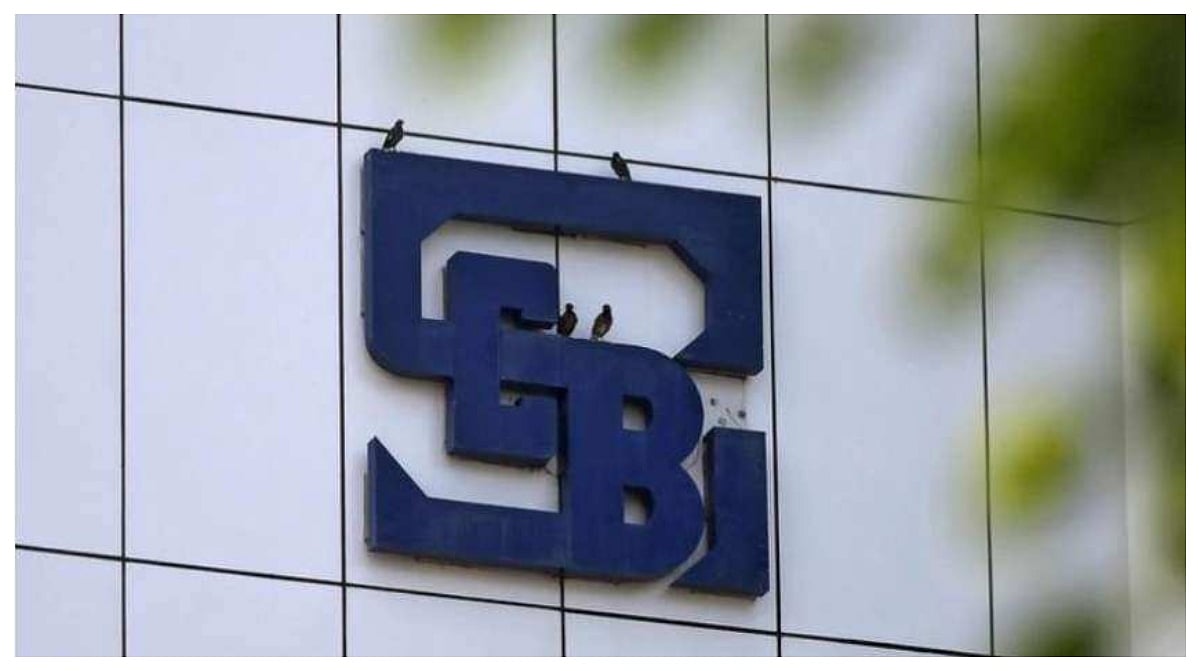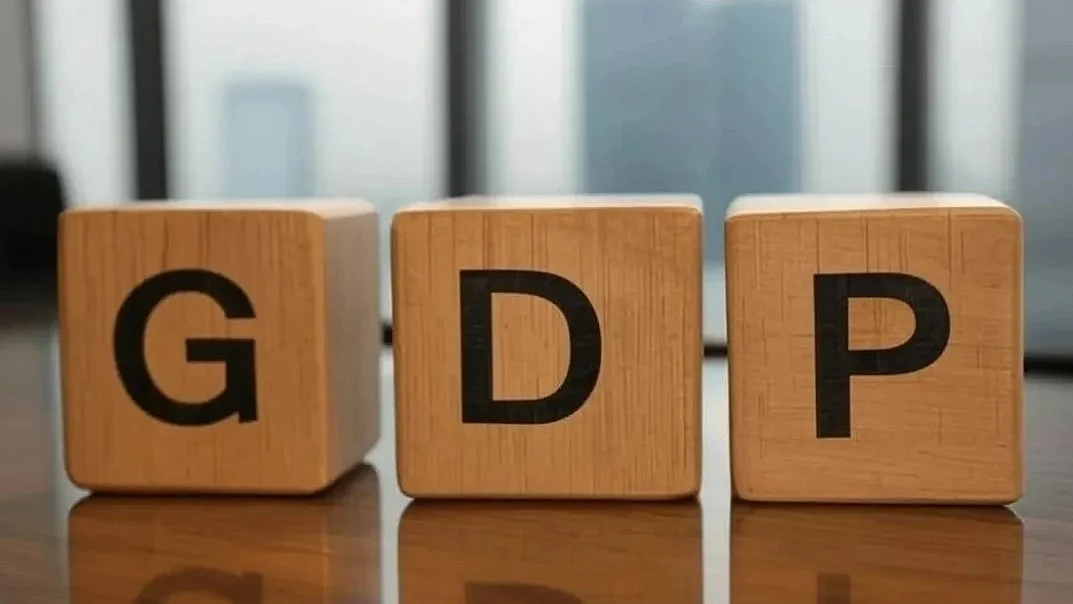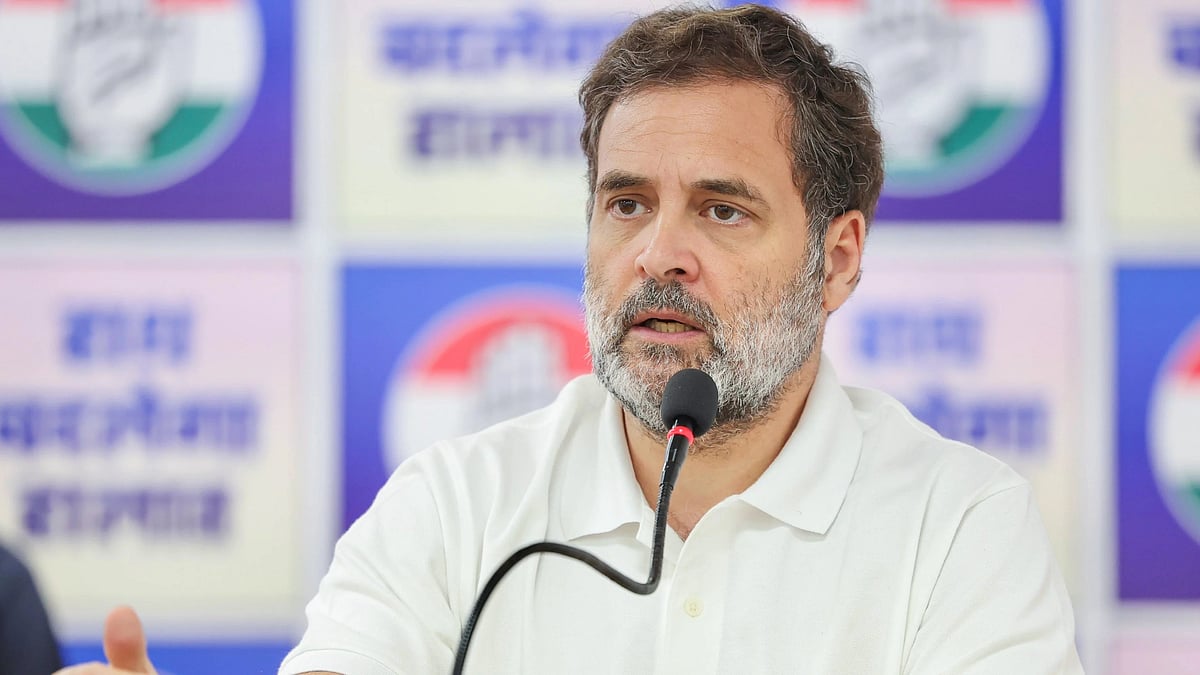The Income Tax Appellate Tribunal’s recent ruling in Maharishi Education Corporation (P.) Ltd. vs ITO (Delhi Bench, SMC) may seem, at first glance, like an obscure dispute about how a particular section of the Income-tax Act applies to a company. But in reality, the decision—if allowed to stand—has the potential to unsettle the entire structure of India’s concessional tax regimes, distort the interpretation of special rate provisions, and reopen crores of completed assessments.
At the heart of the controversy lies a deceptively simple phrase: “subject to the provisions of this Chapter.” These six words, appearing at the very start of Section 115BAA of the Income-tax Act, 1961, embody the delicate legislative balance that governs the concessional corporate tax regime introduced in 2019. The Tribunal’s failure to give meaning to this phrase has resulted in an interpretation that is legally untenable and fiscally perilous.
The Background: India’s New Corporate Tax Regime: In September 2019, the government introduced Section 115BAA to provide domestic companies an option to pay income tax at a concessional rate of 22 per cent (plus surcharge and cess), in exchange for giving up specified exemptions and deductions. This move was part of a larger strategy to make India’s corporate tax regime globally competitive, attract investment, and simplify compliance.
Section 115BAA was carefully drafted. It begins with the non-obstante clause “Notwithstanding anything contained in this Act”, signifying that it overrides other provisions of the Income-tax Act. But, crucially, it also contains the qualifying words “subject to the provisions of this Chapter”. The section is housed in Chapter XII, which deals with “Determination of tax in certain special cases.” This Chapter includes a range of special-rate provisions—such as Section 115BB (tax on lottery winnings), Section 115BBE (tax on unexplained income), and Section 115BBH (tax on income from virtual digital assets), among others.
In simple terms, the legislative intent is clear: the concessional corporate rate under Section 115BAA applies to the company’s regular income, but incomes that are separately taxed under special provisions continue to attract their respective rates. The phrase “subject to the provisions of this Chapter” ensures that these special-rate sections retain precedence over the general concessional rate.
What the ITAT Held and Why It’s Wrong: In Maharishi Education Corporation (P.) Ltd. vs ITO, the Delhi Bench (SMC) of the ITAT held that Section 115BAA overrides all other provisions of the Income-tax Act and that its operation is not controlled by any other section, including those within Chapter XII. In effect, the Tribunal treated the concessional rate as a blanket override—making it applicable even to incomes that are subject to special tax rates.
This reasoning flies in the face of both legislative intent and fundamental principles of statutory interpretation.
First, it nullifies the phrase “subject to the provisions of this Chapter”. A statute must be interpreted in a way that gives effect to every word the legislature has chosen. Courts have repeatedly held that no part of a statute should be rendered meaningless or redundant. By treating Section 115BAA as an all-powerful provision overriding even those within its own Chapter, the Tribunal has effectively erased the words “subject to”, an interpretive approach that cannot be sustained in law.
Second, the Tribunal’s reading misapplies the interplay between the “notwithstanding” and “subject to” clauses. The former gives an overriding effect vis-à-vis the rest of the Act, while the latter limits that override in relation to provisions within the same Chapter. When both appear together, courts must reconcile them harmoniously—giving priority to the “subject to” clause where the two conflict. This ensures internal consistency within the Chapter. The ITAT, however, has treated the “notwithstanding” clause as absolute, ignoring the internal limitation deliberately built into the provision.
Third, the judgement disregards the broader legislative scheme of Chapter XII. This Chapter contains specific charging provisions prescribing distinct tax rates for certain categories of income. Each of these sections represents a self-contained code for that particular type of income. Reading Section 115BAA as overriding these provisions upsets the entire architecture of the Chapter and leads to an absurd consequence: that a company taxed under Section 115BAA could pay 22 per cent even on lottery winnings, unexplained income, or crypto profits, which Parliament has expressly decided to tax at much higher rates.
A Ripple That Could Become a Storm: The implications of the Maharishi ruling are far-reaching. If taken at face value, the decision means that any company opting for the concessional tax regime under Section 115BAA could claim exemption from the special-rate provisions. For instance, Section 115BB taxes lottery or race winnings at 30 per cent; Section 115BBE taxes unexplained income at 60 per cent; and Section 115BBH taxes income from virtual digital assets at 30 per cent. The Tribunal’s interpretation would allow all such income to be taxed at just 22 per cent, undercutting the very purpose of these provisions and causing substantial revenue loss.
Even more alarming is the precedent this sets for individual taxpayers. Section 115BAC—the optional concessional regime for individuals and Hindu Undivided Families—uses language almost identical to Section 115BAA. If the ITAT’s logic were extended to individuals, an individual who opts for the concessional slab rates under Section 115BAC could similarly claim that special rates on lotteries, crypto gains, or unexplained income do not apply to them. This could unleash a wave of interpretive chaos and litigation across all categories of taxpayers.
The risk is not merely theoretical. Once a judicial pronouncement of this nature is reported, assessing officers and taxpayers are likely to take divergent positions in ongoing and future assessments. The possibility of rectifications, appeals, or even reassessment proceedings cannot be ruled out. What began as a narrow interpretive issue could soon snowball into an administrative crisis.

The Need for Immediate Clarification: The Central Board of Direct Taxes (CBDT) cannot afford to let this ambiguity fester. The Board has the authority to issue clarificatory circulars to ensure uniform application of the law. An immediate circular clarifying that Section 115BAA is subject to other provisions of Chapter XII and that special-rate sections continue to apply even to companies opting under the concessional regime is essential to prevent widespread confusion.
Tax certainty is as important as tax rates in shaping investor confidence. Allowing such interpretive drift could undermine confidence of citizens.
It is time for CBDT to act fast.
The writer is a retired IRS officer and Ex-Chief of Surveillance at SEBI. Advisor to corporates, market participants and tech entrepreneurs.









